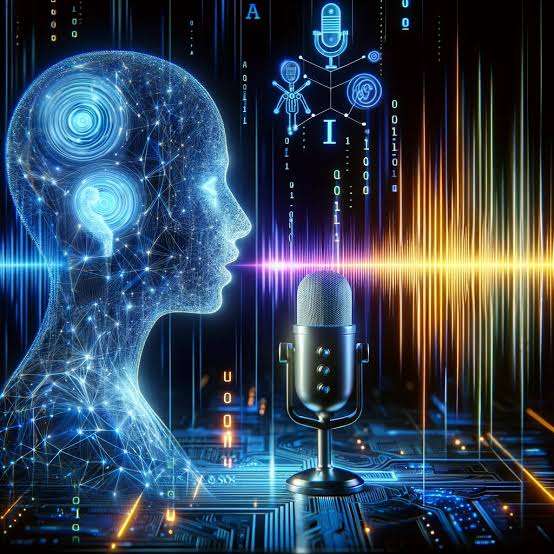OpenAI has developed voice-cloning technology called Voice Engine, capable of replicating a person’s voice after hearing just a 15-second recording.
OpenAI was unable to stop itself. The business has created voice-cloning technology that will undoubtedly amaze and frighten consumers alike. But just a few partners are now receiving the system’s release from OpenAI.
The technology, known as Voice Engine, can mimic your voice just by hearing a 15-second recording of you speaking. The artificial intelligence-generated dialogue also sounds authentic since the voice replica can portray emotion and the organic rhythm of human speech.
OpenAI initially created Voice Engine in late 2022 to enable ChatGPT’s text-to-speech feature. Nevertheless, the firm has essentially determined that society isn’t ready for Voice Engine—at least not yet—instead of making it available to the general public.
“We are approaching a wider release with caution and knowledge due to the possibility of synthetic voice abuse,” the business stated in a blog post that included many screenshots of Voice Engine in operation.
As you can hear, there is frequently little difference between the AI-generated speech and the source audio. It’s clear that the technology might be abused to spread fake news and deceive the public. But according to OpenAI, voice engines might still be beneficial to society despite their potential for abuse.
The blog post continues by stating that the business started testing Voice Engine “with a small group of trusted partners” towards the end of last year. The findings suggest that schoolchildren could benefit from voice cloning to improve their reading skills. It can also speak in several languages by using the user’s voice as a translator.
Giving voice-cloning technology to individuals who have lost their capacity to communicate is another use case, akin to what Apple is doing. Because of this, OpenAI has made the decision to make Voice Engine available in preview mode to partners that promise to never use the technology for illegal impersonation.
According to the business, “Partners must also clearly disclose to their audience that the voices they’re hearing are AI-generated.” A watermarking technique has also been added by OpenAI to aid in the identification of any voice engine audio produced by AI.
However, OpenAI does not promise that the voice-cloning technology will ever be made broadly available. According to the company, a lot will depend on how society reacts to the emergence of generative AI, which is already making it harder to distinguish between reality and fiction.
The business stated, “We hope to start a dialogue on how society can adapt to these new capabilities and the responsible deployment of synthetic voices.” We will decide whether and how best to implement this technology at scale after considering these discussions and the outcomes of these small-scale experiments.












